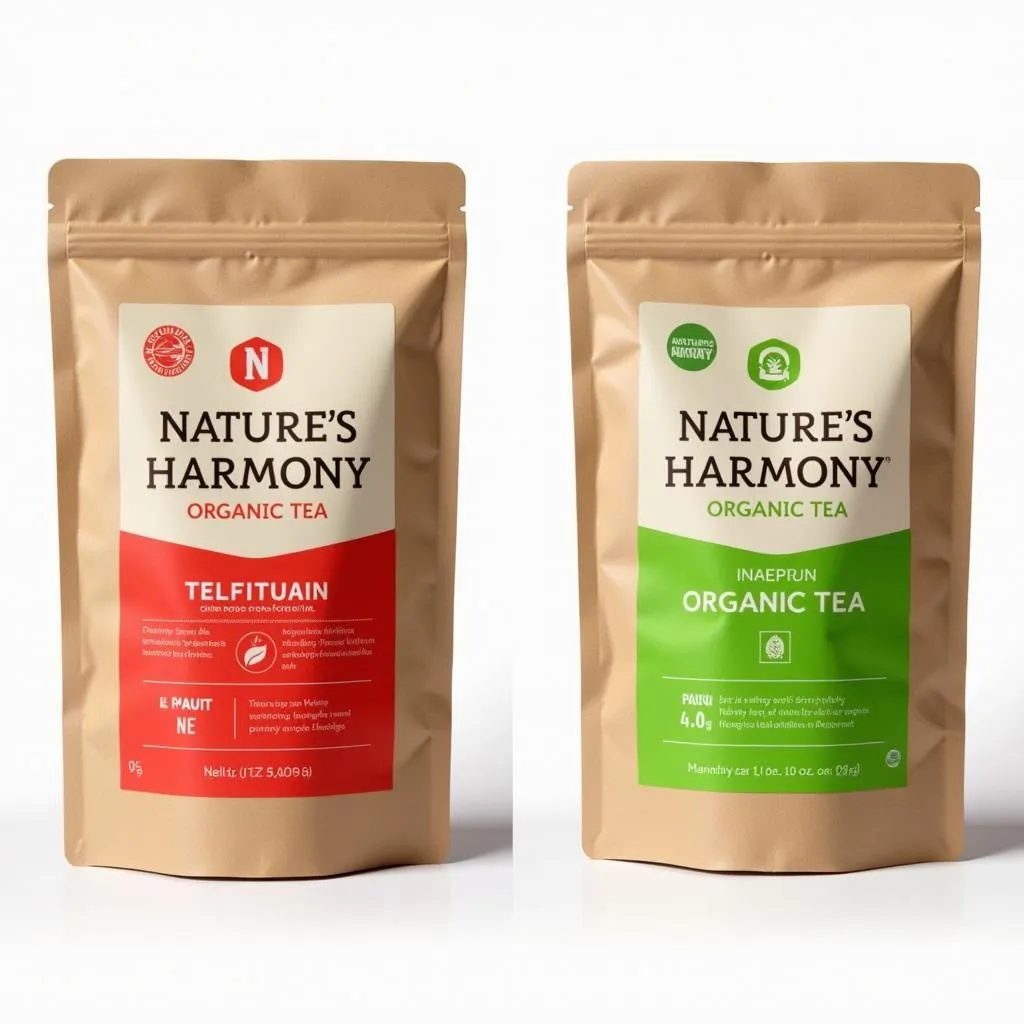Have you ever wondered “what color is my name”? It’s a curious question that sparks a sense of playful intrigue. While there isn’t a definitive answer or a universal color dictionary for names, the concept of associating colors with names opens up a fascinating world of synesthesia, personality perception, and even marketing psychology.
Diving into Synesthesia: Where Names Taste Like Colors
Synesthesia is a neurological phenomenon where the stimulation of one sense triggers an involuntary experience in another. For some synesthetes, hearing a name might evoke a vivid color experience. For example, “Sarah” might taste like sunshine yellow, while “David” might feel like a cool, calming blue.
It’s important to note that synesthetic experiences are highly personal. One synesthete might associate the name “Emily” with emerald green, while another might experience it as fiery red. There’s no right or wrong answer, just a beautiful tapestry of individual perception.
The Psychology of Color and Name Perception
Even without synesthesia, we subconsciously associate certain colors with specific qualities, and these associations can influence how we perceive names.
- Warm Colors: Names associated with warm colors like red, orange, and yellow often evoke feelings of energy, passion, and extroversion.
- Cool Colors: Names linked to cool colors such as blue, green, and purple might be perceived as calm, trustworthy, and introspective.
Think about it – would you be more likely to trust a financial advisor named “Blue Serenity” or one named “Red Blaze”? While this is a simplified example, it highlights how color associations subtly influence our perceptions of names and even brand identities.
What Color is Your Name in Branding?
The fascinating interplay between color and names extends to branding and marketing. Companies carefully select brand names and color palettes to evoke specific emotions and associations with their target audience.
Imagine a company called “Nature’s Harmony” launching a new line of organic teas. Would they choose a vibrant red logo, or would they opt for soothing green and earthy brown tones? The answer seems obvious because color plays a powerful role in shaping brand perception.
 The Power of Color Psychology in Branding
The Power of Color Psychology in Branding
Exploring the Fun: What Color is Your Name?
While there’s no scientific formula to determine “what color is your name,” it’s a thought-provoking exercise. Consider the sounds and feelings your name evokes. Does it make you think of warm sunshine, cool ocean waves, or perhaps the vibrant energy of a bustling city?
You can even find online quizzes and tools that assign colors to names based on letter combinations, numerology, or other playful methods. Remember, these are just for fun and exploration – the true beauty lies in your personal interpretation.
Conclusion
The question “what color is your name” might not have a single definitive answer, but it opens up a world of fascinating connections between our senses, perceptions, and even the brands we interact with. So, the next time you hear a name, take a moment to consider: What color comes to mind?
FAQs
1. Is there a real test to determine the color of my name?
No, there’s no scientific test. It’s a subjective experience based on personal associations and, in some cases, synesthesia.
2. Do colors really impact how we view brands?
Yes, color psychology plays a significant role in branding. Companies choose colors carefully to evoke specific emotions and align with their brand identity.
3. Can I change my name to a color I like?
While it’s possible to legally change your name, it’s important to consider the practical implications and consult with legal professionals.
4. What if I don’t experience any specific color when I think of my name?
That’s perfectly normal! Not everyone has synesthesia or strong color associations with names.
5. Where can I learn more about synesthesia?
You can find more information about synesthesia from reputable sources like the American Psychological Association or scientific journals dedicated to neuroscience and psychology.
Need Help Discovering Your True Colors?
Whether you’re looking to infuse your home with vibrant hues or simply want to explore the world of color, Color Box Hà Nội is here to guide you. Contact us at 0373298888, email us at [email protected], or visit us at 86 Cầu Giấy, Hà Nội. Our team of color experts is available 24/7 to help you discover your perfect palette.

